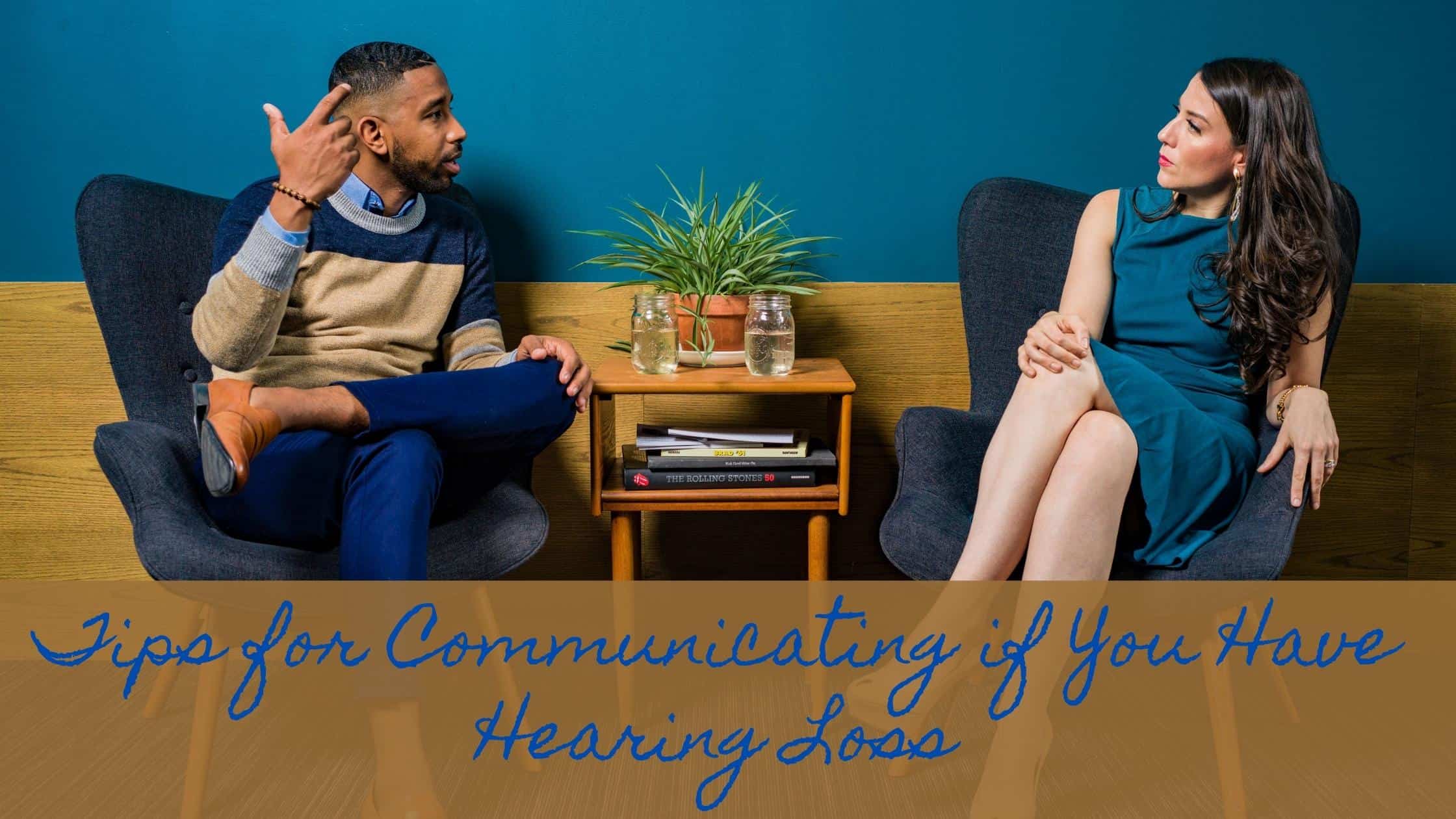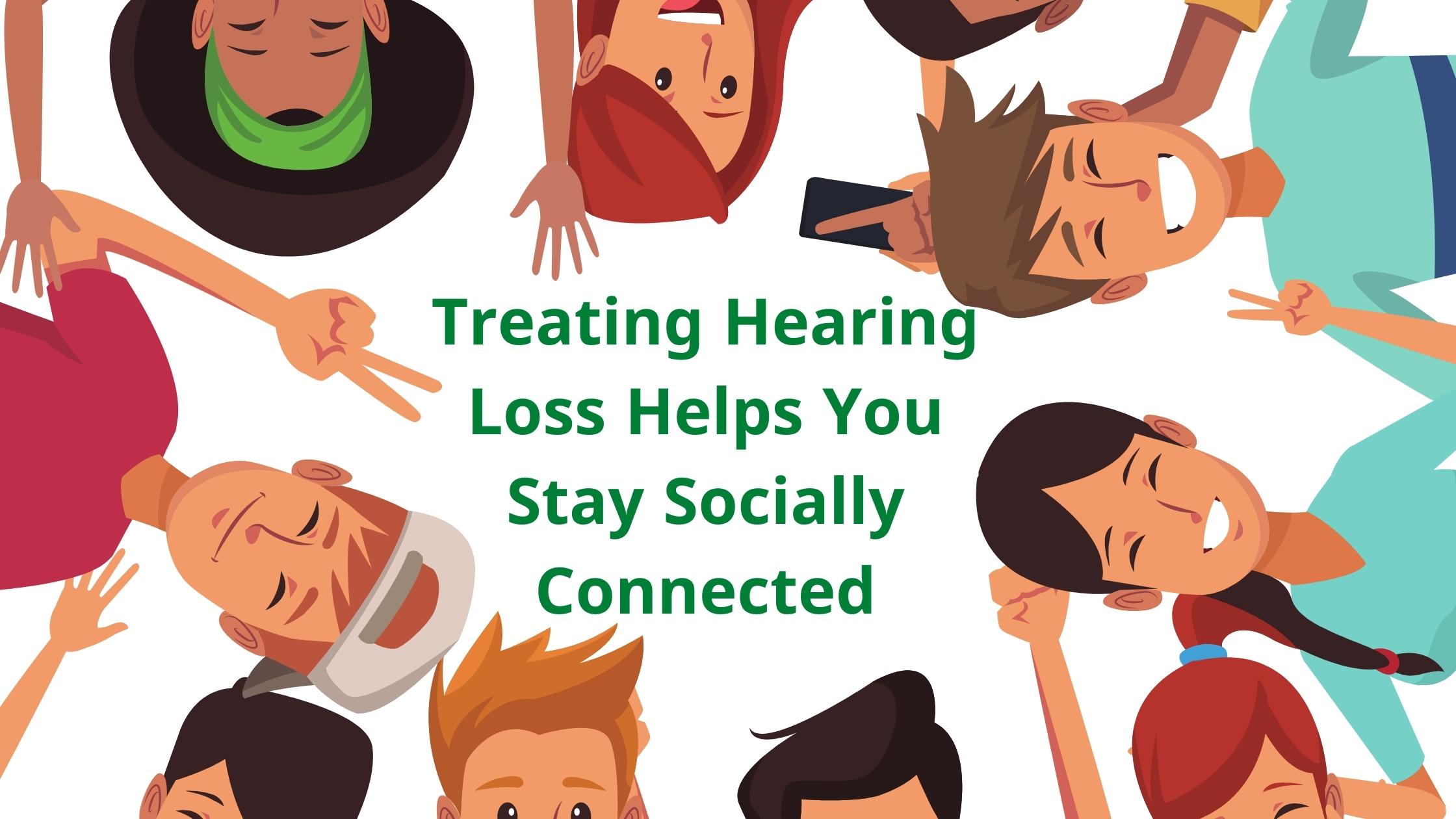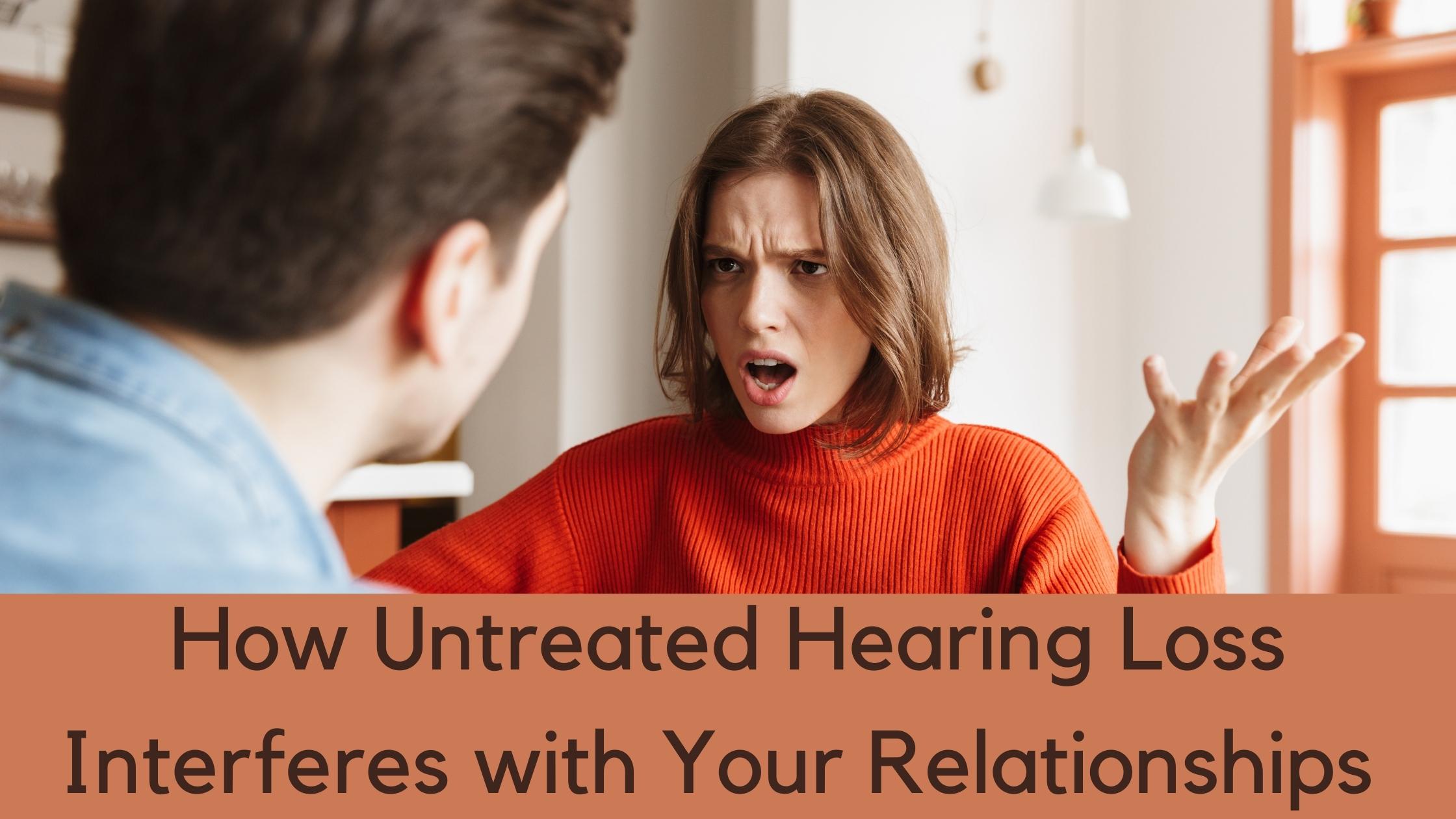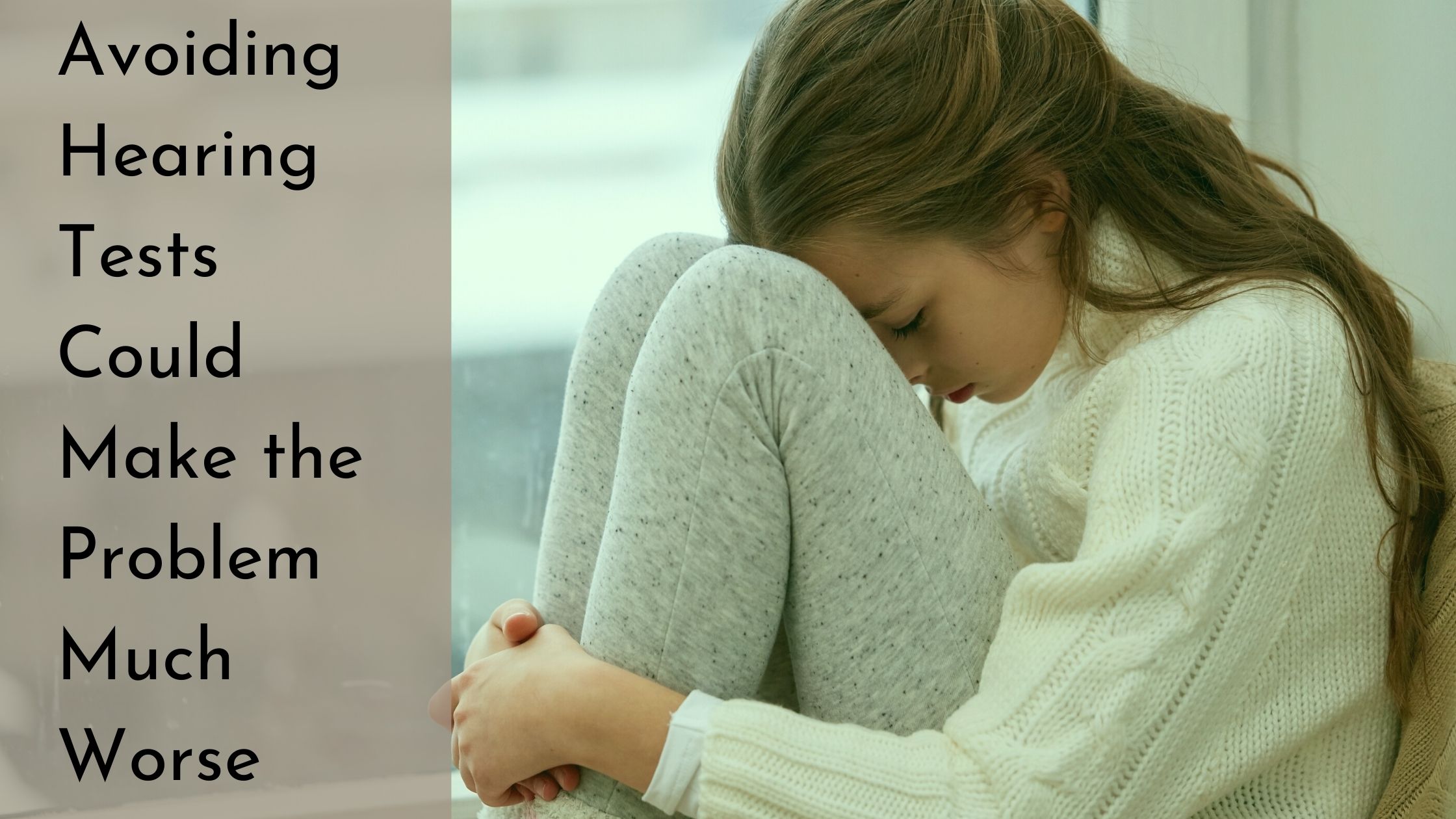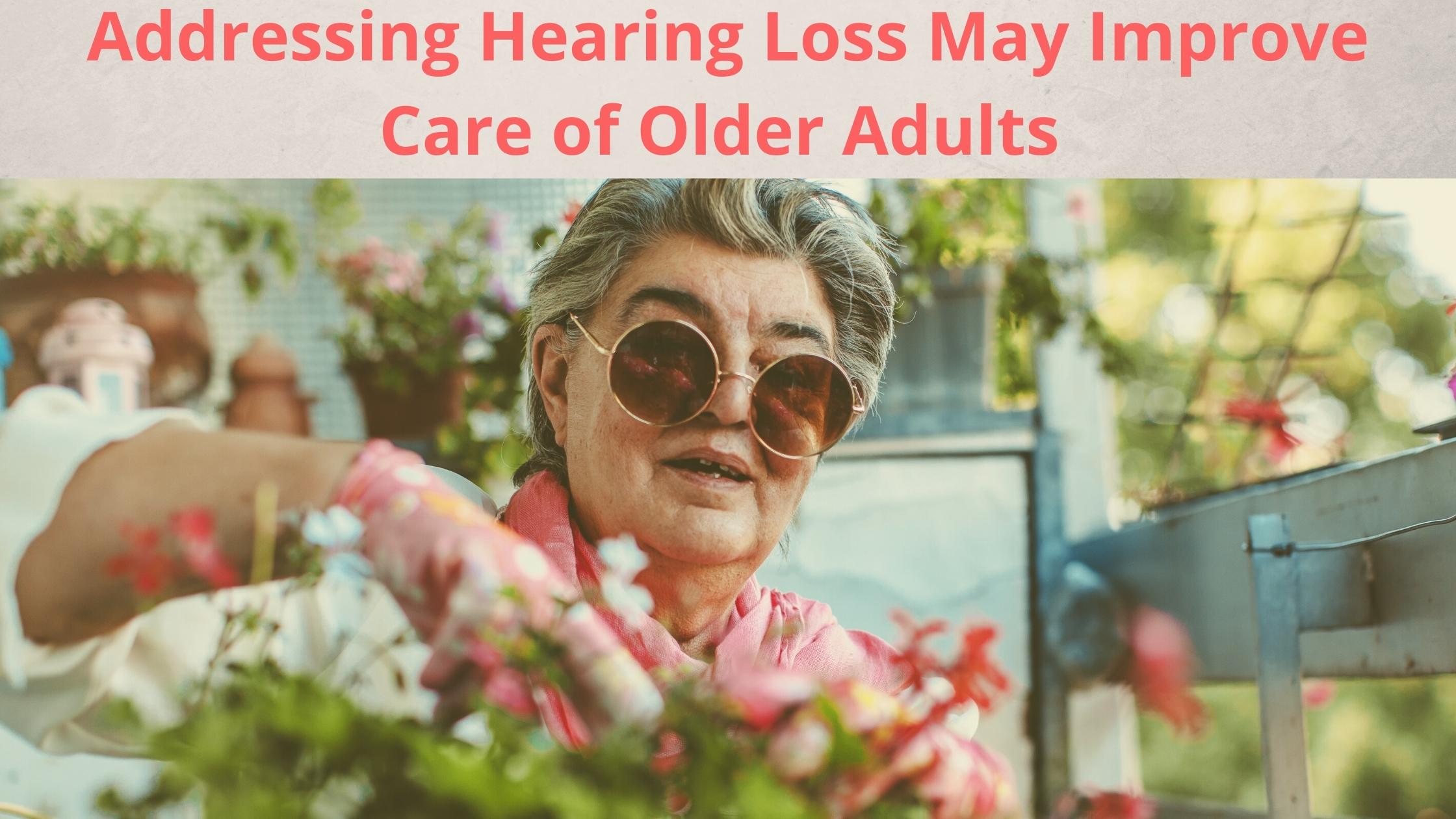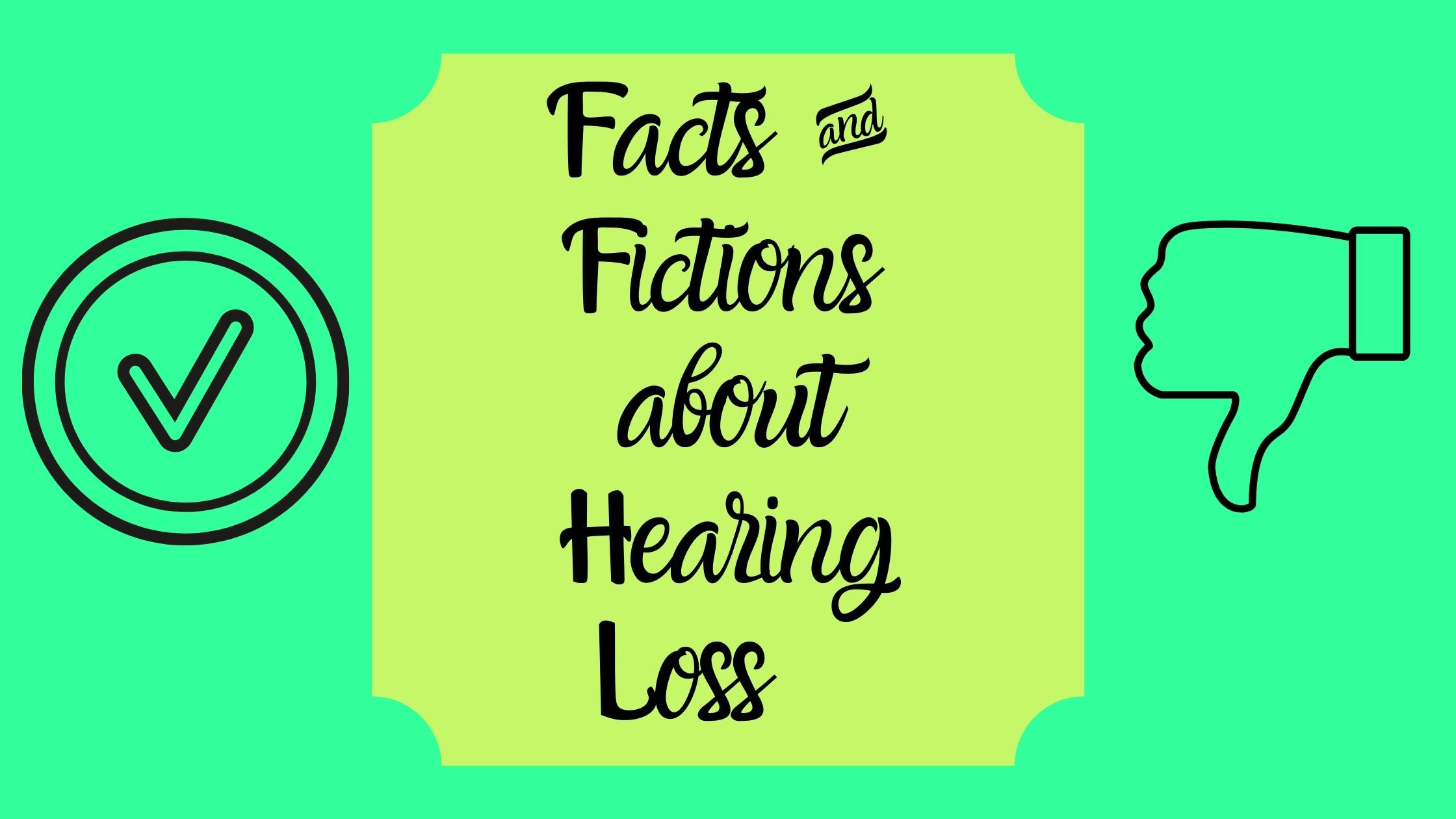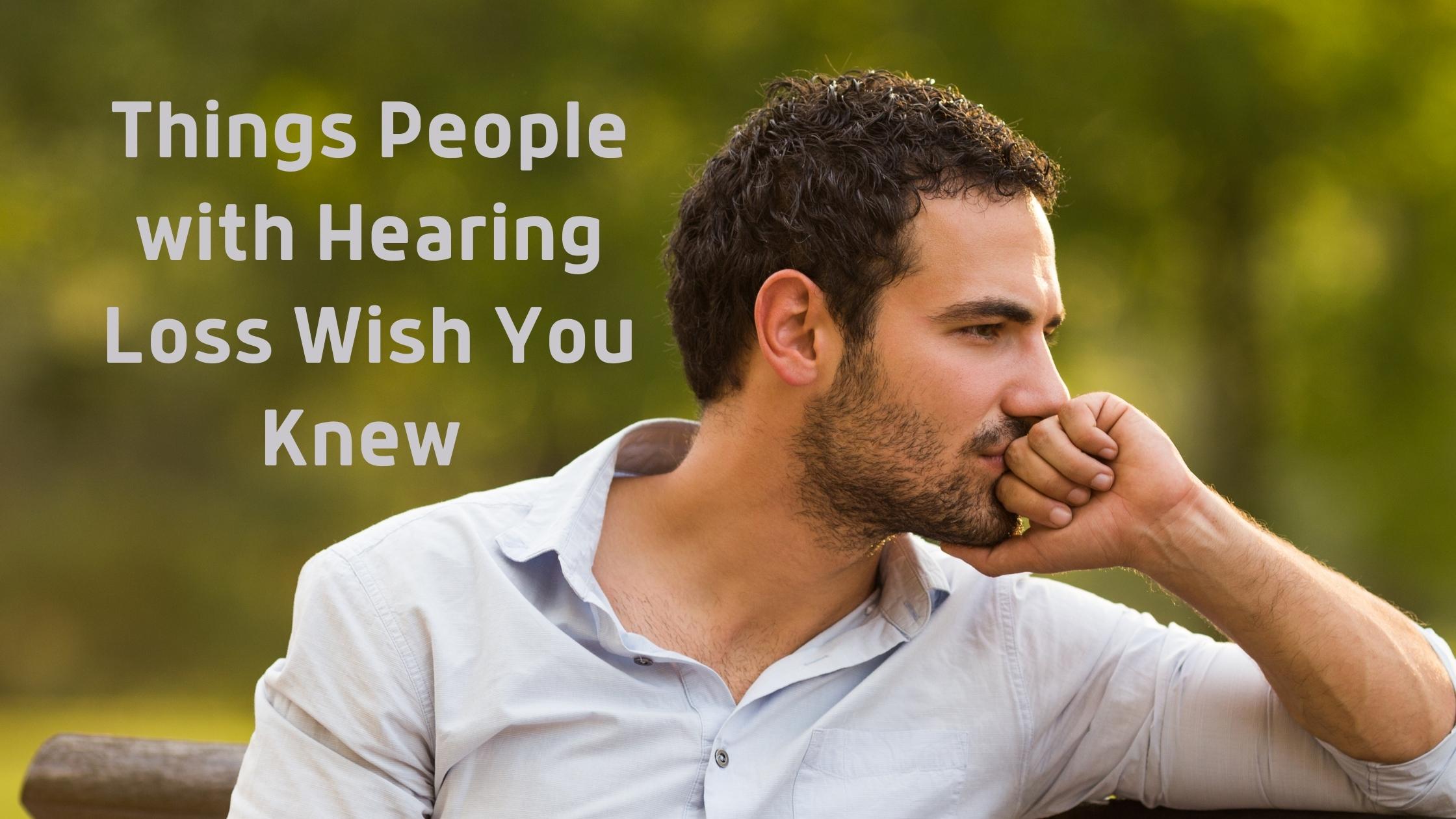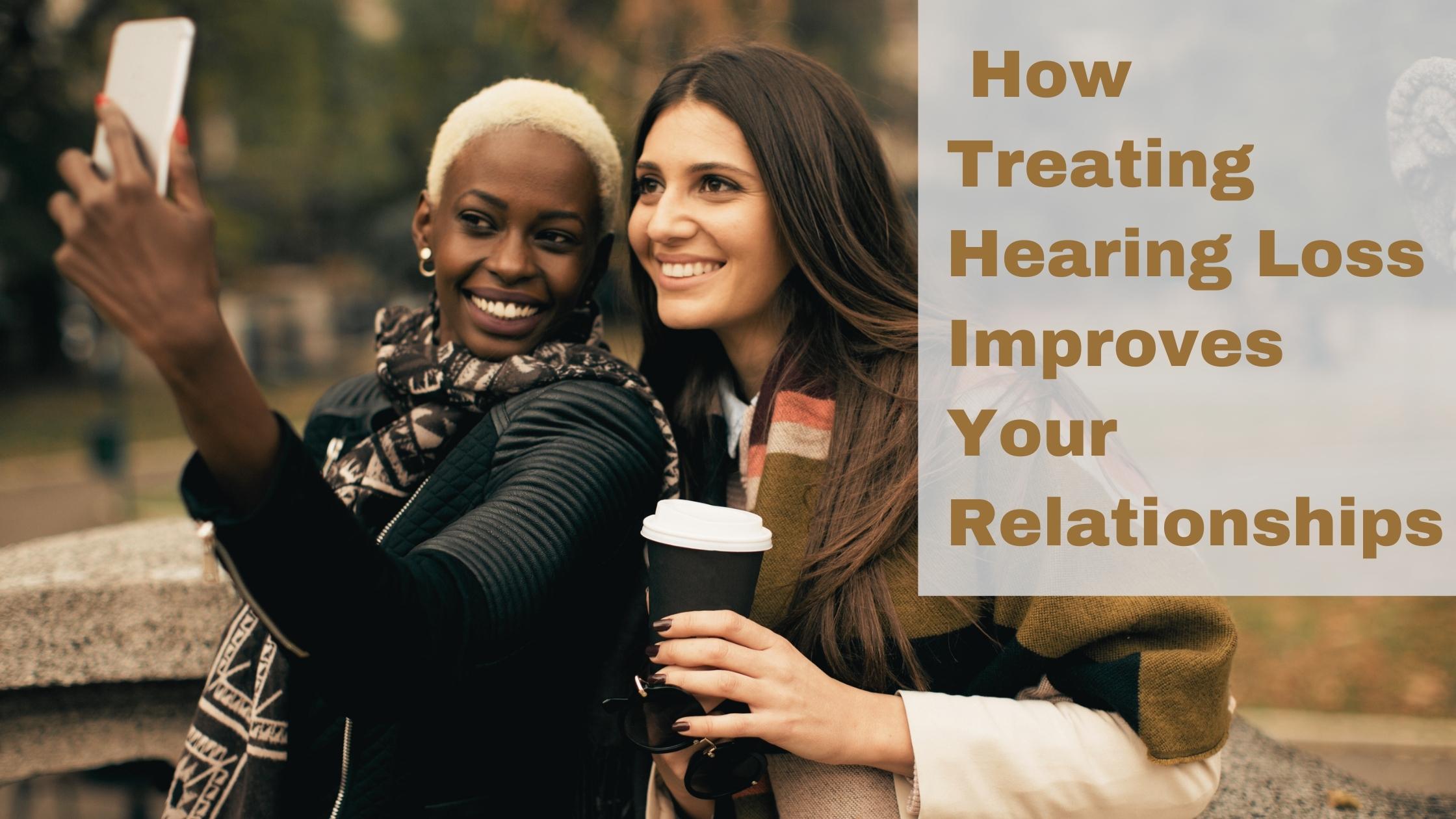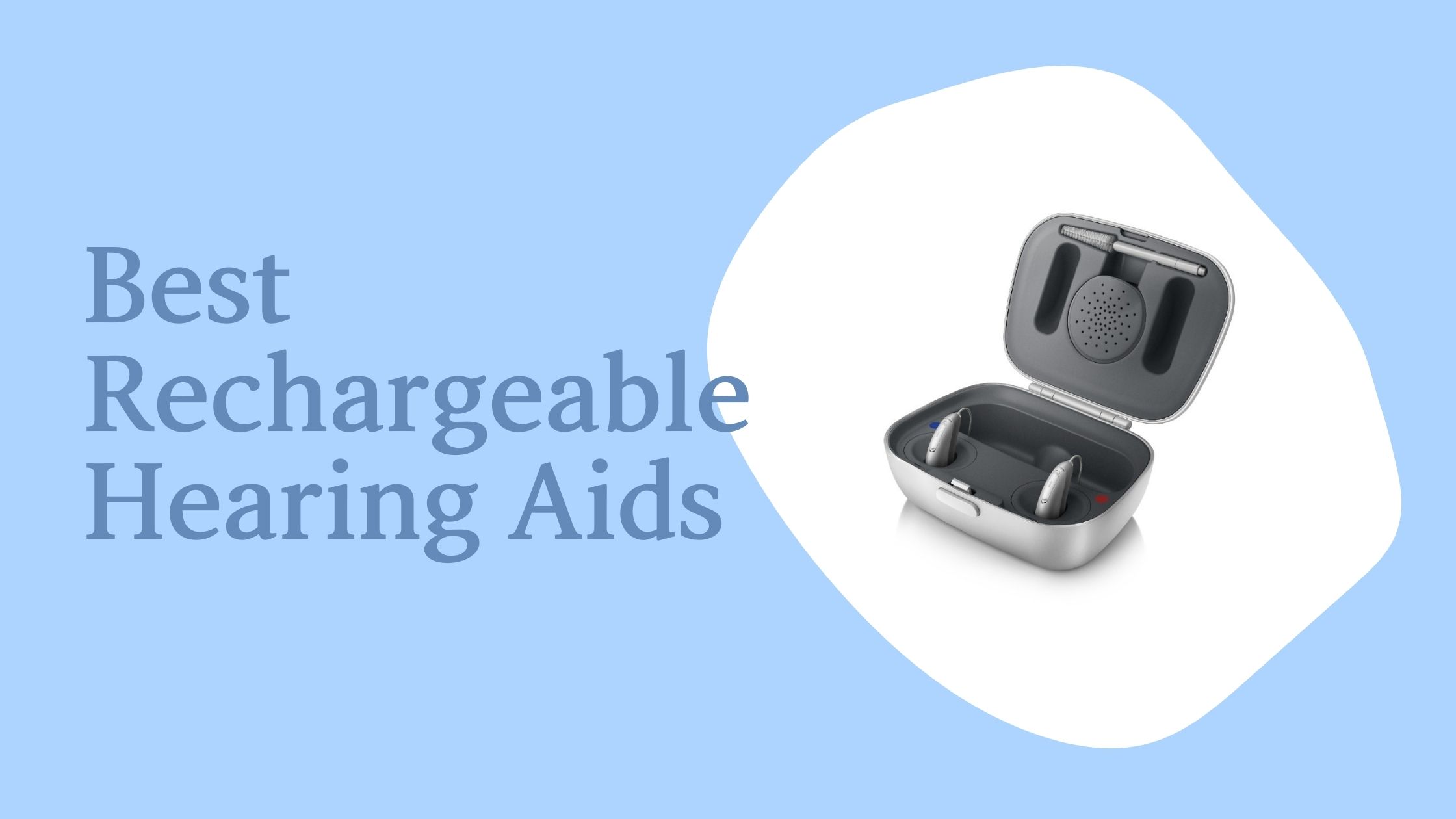Welcome back to DigiCare Hearing Solutions here in Pueblo Colorado and Trinidad Colorado where our motto is ‘be in the moment with best possible hearing.’ I want to describe to you what the expectations should be for somebody coming into our office or any hearing office for that matter. What would you expect to have happen to you if you’ve never been in a hearing office and never been subjected to a hearing test? A hearing test is comprised of several parts; we test your threshold of hearing at different frequencies of sound or pitches of sound, we test your ability to understand speech, how well you do with speech and noise. We test to see if you have a difficulty relative to your eardrum or your ear canal or the middle ear. Or, is it something that’s originating as far as a problem in the inner ear, which is also called the cochlea? So, we put together all this information and then we try to make a good recommendation for what could be done to restore hearing to the degree that is possible.
So, I’d like to tell the story this way:
So, a fella comes in sits down. I test him and I write down all his scores and he gives me good information and I’ve got a good picture of what his hearing looks like and then I go into computer and I program some hearing devices to match up what I think is best for him based on his range of hearing. I fit him up with those devices and then send him out the door. The next moment another fellow comes in and I test him. He tests identically, the exact same parameters of hearing his scores, about his ability to hear speech and noise, and his threshold of hearing at different pitches of sound identical. I go into my computer and I program some hearing devices for him same identical programming and I put them on him and send him out the door.
The first fella comes back in a few days and reports to me ‘Tom you’re a stinking genius, I’m doing so well thank you, thank you, thank you. The next fella comes back after a few days sits down at my desk and says, ‘Tom you’re an idiot, I can’t hear a thing, this is not working out for me at all.’
What am I supposed to make of something like that? What I’m pointing out and this is a bit of an exaggeration, because truthfully no one has ever called me a genius and yes a few may have called me an idiot, but nevertheless let’s discard that for the moment. The reality is that there’s a way that we look at hearing over a large population. So, I’m going to let you in on a little secret on how hearing technology gets developed. The engineers determined how much sound or how people like to hear sound, they get a thousand people with similar hearing difficulties to give responses about how they like to hear sound; do you like it this sharp, do you like it this loud, do you like this soft, you like it this way, that way, and they get this all put together. They draw a bell curve of what the most people like their sounds to be amplified. Then that’s what we put into the algorithms and that’s what we send out. Presuming that everybody’s alike at the top of the bell curve and a perfectly average person.
Well people aren’t average there’s no average person, everybody is somewhere along this continuum of how they like to hear sound. There’s a psychological component and a subjective component to hearing that needs to be taken into account and that’s why we have to revisit this topic with people after they’ve experienced it and that’s when their true work begins with regard to how we’re going to fix somebody’s hearing to the degree that it’s possible. Again, our motto being best possible that’s what we’re trying to achieve. I think that the difference between giving people better hearing, which I believe to be easy, there’s a lot of very easy and inexpensive ways to get better hearing. There’s a far cry and a big chasm between that and best possible hearing and that’s where there has to be a lot of interaction and a lot of feedback with regard to how people are perceiving sound and how they’re really able to conduct their lives in a variety of situations. Modern hearing devices really do two things you’ve got to think about it this way two things get amplified sound, yeah, everybody knows that people need more amplification and you can get amplified sound in a host of ways you don’t need to buy expensive hearing medical devices to get amplification; you can cup your hand behind your ear and get amplification that’s easy, but all devices are going to give you amplification that’s probably a given and that’s a relatively easy thing to achieve. The thing that gets to be very, very sophisticated is what I call shaping sound, sorting through the sound determining what sounds ought to be amplified and what sounds out not to be. How are you going to shape the sounds that you’re going to bring in and how are you going to filter sounds out to give people a better experience? What about the origin of the sounds, what of the sounds coming from behind or above or directly in front or directly behind all these things have to be taken into account as to how you want to shape that sound and deliver something that’s meaningful to for people that’s replicating natural youthful hearing. That’s where sophistication comes into play with the device and that’s where our job as the professional gets put into play with how we’re going to shape sounds based on the feedback people are giving. There’s a bit of a process and I believe this to be true and I claim that helping people overcome hearing difficulty is much, much, more difficult than helping people overcome their deficiencies in eyesight because that’s relatively simple to do compared to helping people with the psychological component of hearing. That’s what we try to achieve and that’s why you have to have a hearing test and that’s why you have to have follow-up and that’s why you have to have a relationship with somebody to work through these issues with you so that at the end of the day we come to an agreement that we have found the place for best possible hearing.
So, thanks for listening, keep us in mind DigiCare Hearing Solutions in Trinidad and Pueblo Colorado
Thanks for listening.
